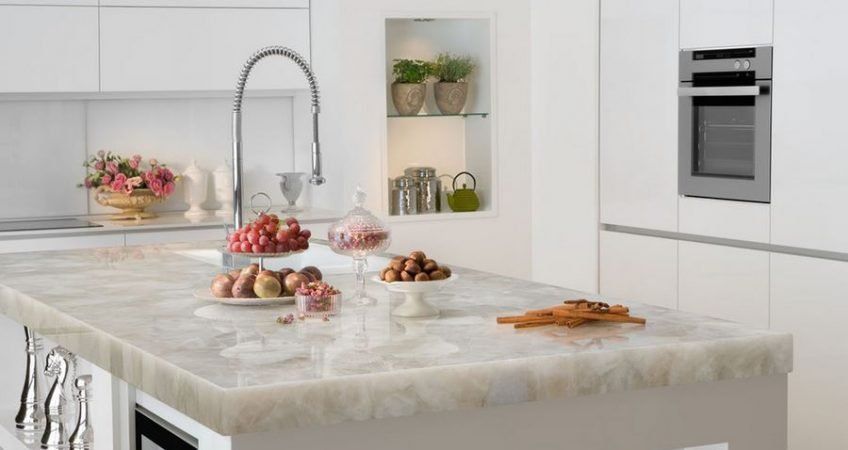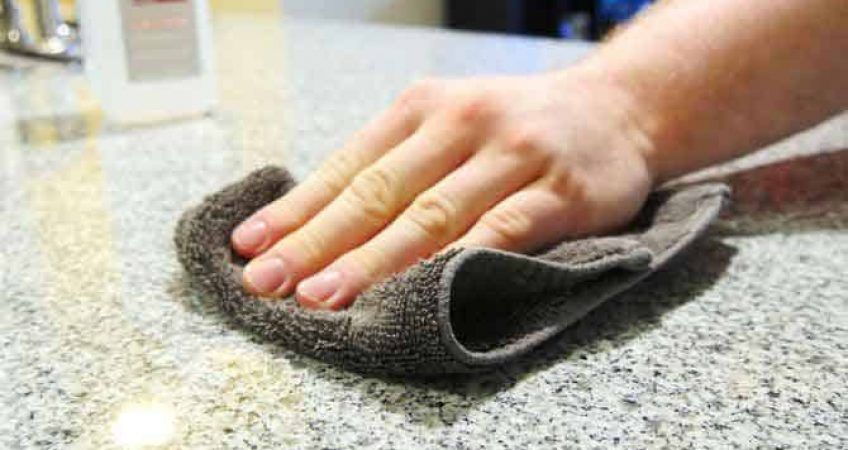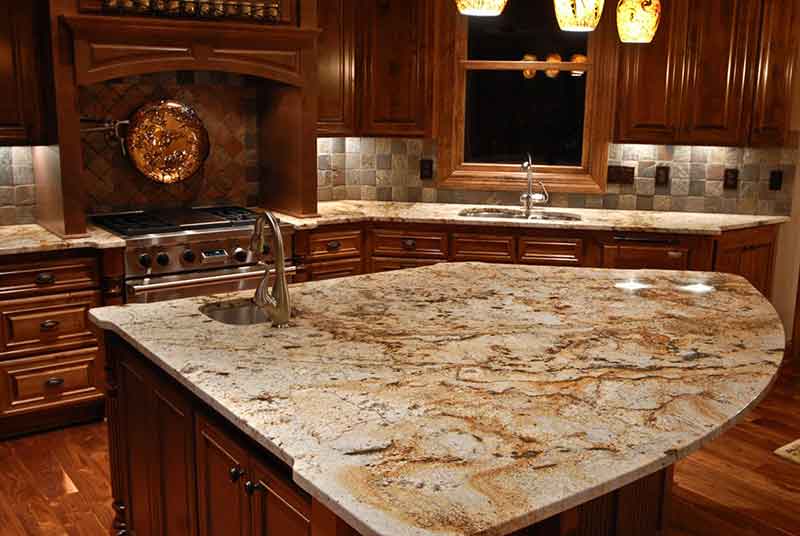An in-depth look at the pros and cons of quartz

When compared to granite, quartz is usually considered to be the better option, but not always. Today we look in details at the pros and cons of quartz. Here is what you need to know before you install quartz countertops in your home.
- Quartz countertops are just as strong as granite but have the added benefit of being more flexible. This makes them easier to work with during the installation process.
- Quartz is non-porous and does not require any sealing – ever. These stones offer a virtually no-maintenance material solution for countertops.
- These counters are also very durable but they cannot be considered indestructible either. They are stain-resistant as well so dropping a glass of wine on them simply requires a quick cleanup.
- One drawback that you should definitely take note of is these counters can discolor over time when exposed to direct sunlight. If you have a part of your counter that receives some of the UV rays from the sun while another part doesn’t, over time you may see a color difference.
- These countertops need to be professionally installed and quartz is even heavier than granite.
- You can expect to see seams with a quartz counter but they will be less visible if you choose a slab that’s darker in color. As well, the seams are easier to hide when you choose quartz because the counter has been colored and manufactured. If you buy a quartz countertop in a solid color, it’s much easier to hide the seam to a certain extent.
We hope to have answered some questions you might have had about quartz countertops in your home.


